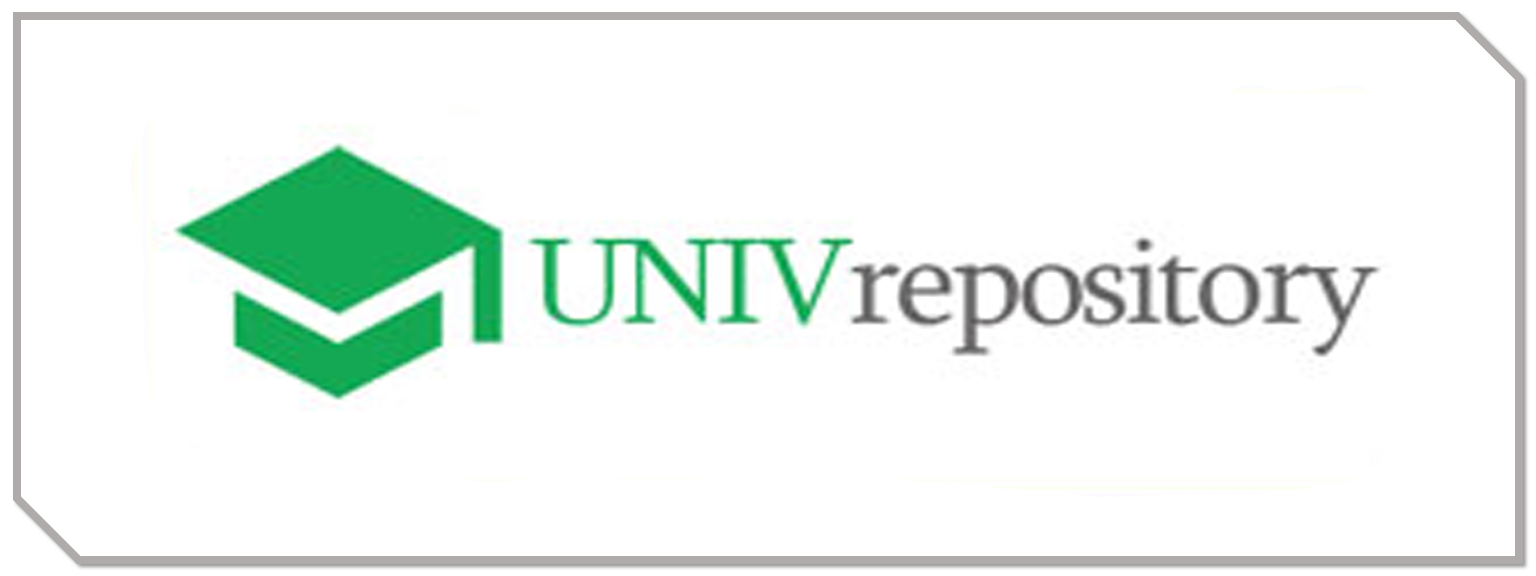DAMPAK KEBIJAKAN HILIRISASI BAHAN MENTAH INDONESIA TERHADAP UNI EROPA
Keywords:
Policy Change, Nickel Raw Materials, European UnionAbstract
The Indonesian government stipulated changes to the nickel raw material export policy based on the Minister of Energy and Mineral Resources (ESDM) Regulation No.11 of 2019 on Law No.3 of 2020, an amendment to Law No.4 of 2009 concerning Mineral and Coal Mining. The policy change received a response from the European Union (EU) by suing Indonesia to the WTO and launching an Enforcement Regulation consultation as a follow-up to the WTO lawsuit. Using a descriptive analysis method, this paper aims to answer how the impact of Indonesia's nickel raw material downstreaming policy on the EU, which has been getting raw material supplies from Indonesia. To answer this, this paper uses the national interest approach. As a result, the EU responds to the policy because it is related to the dependence on the supply of nickel raw materials, especially in the steel industry and environmentally friendly technology to achieve emission reduction targets through electric vehicle batteries. This is an effort by the EU to achieve and protect national interests, namely economic and environmental interests that depend on the supply of nickel raw materials.
Downloads
Published
Issue
Section
License
Copyright (c) 2024 Robi Sugara, Syarah Shabrina

This work is licensed under a Creative Commons Attribution-ShareAlike 4.0 International License.







